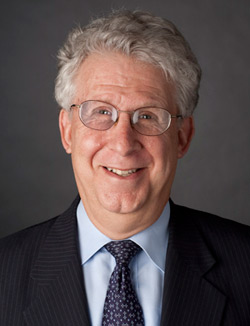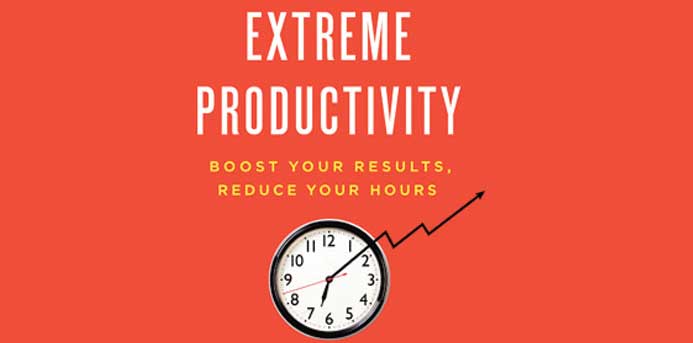I had to ask author and Harvard Business School lecturer Robert Pozen, “Did Yahoo’s Marissa Mayer get it right?”
Mayer created a stir first for only taking a two-week maternity leave as Yahoo’s new CEO, and then by ending telecommuting and ordering everyone back into the office.
“I’m not sure,” he says. In his most recent book, “Extreme Productivity: Boost Your Results, Reduce Your Hours,” which focuses on ways to be more productive, Pozen talks about “face time” and some organizations’ misguided emphasis on the time spent at work instead of the quality of the product.
While Pozen acknowledges there may be good reason to bring people together for face-to-face meetings, the concept of eliminating telecommuting altogether may be off-base.
“It seems to be quite out of touch,” he says. “In my view, there are several good purposes to having a meeting—one is to meet people, two is to debate a topic, and the third is to negotiate something. Those are good reasons to bring people back to an office environment.”
Pozen is no slouch when it comes to the topic of productivity. From an early age, he came up with creative ways to multi-task to achieve results, whether it be from something as simple as getting his homework done in high school to managing two full-time positions: teaching at Harvard Business School while serving as Mitt Romney’s secretary of economic affairs.
 His latest book is geared toward a business audience, but there are lessons that are applicable to anyone, personally or professionally. Pozen points to two chapters in particular, about how to write and read effectively, that can be good advice for anyone.
His latest book is geared toward a business audience, but there are lessons that are applicable to anyone, personally or professionally. Pozen points to two chapters in particular, about how to write and read effectively, that can be good advice for anyone.
“A lot of people spend a lot of time not writing,” he says. “They confuse the thinking part (of a project) with the translation part … Setting priorities and goals—that’s true for everybody. And very few people write down their goals.”
When asked if writing everything down from career aims to objectives and targets can be challenging, Pozen says it can prove to be difficult.
“I think what most people think is that they do know their goals, but they find out they only know them in the vaguest sense (when) integrating them into schedules,” he says. “Most people get stuck in getting their aims and their targets linked. People have an idea what they’d like to get done in a year, but don’t how to implement that on a day-to-day basis.”
Pozen also addresses the dangers of procrastination and perfectionism, which he’s seen a lot.
“I’ve done a lot of surveys, and 80-90 percent say they’re procrastinators,” he says—a challenge that one can overcome by simply breaking down a task or project into smaller ones.
“Create a lot of deadlines,” he says.
And perfectionism? “I think perfectionism in some sense can just be very egocentric because you’re not thinking about the other person (you are doing a project or task for) … and it tends to hold people back in their careers.”

